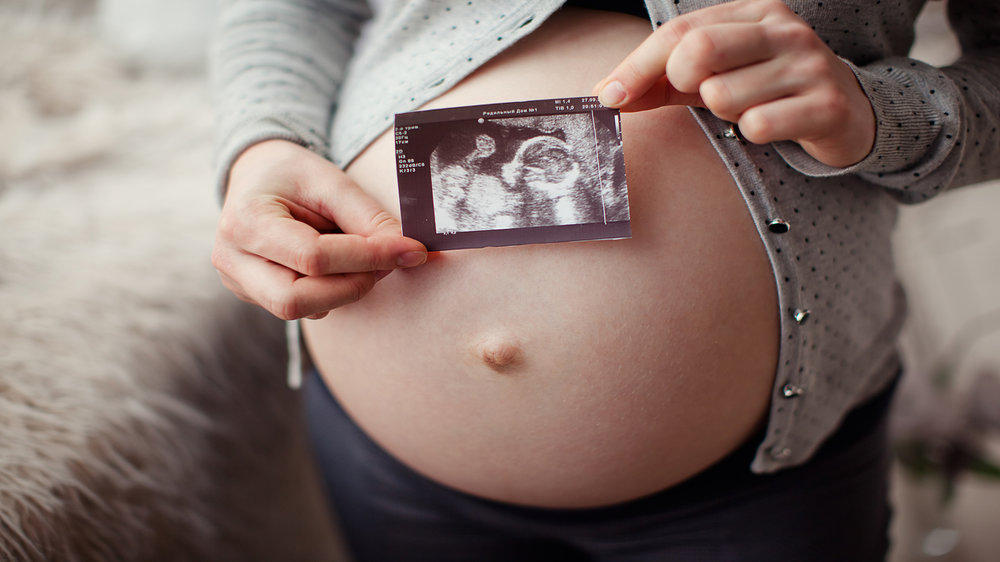During these pandemic times, the entire world is going through an unprecedented situation with lockdowns and re-openings. This has not only affected our day to day lives but also healthcare delivery. Pregnancy care is one such aspect of healthcare where screening and testing to monitor the pregnancy is of utmost importance and requires visits to healthcare facilities. However, given the lockdown and restrictions, this has become a difficult task for many. The lockdown and rules make it very hard for the hospitals and maternity clinics to remain open and it has been tough for the patients even in cities.
Proper prenatal care requires doctors’ visits, scans, and tests to assess the health and development of the fetus. As a routine, there are many tests that need to be carried out in the first trimester to assess the health of the baby. One such test is the genetic test to assess the genetic risk of the baby. The outcome of these tests can be an anxious wait for the couple especially if there has been a family history of birth disorders or disabilities.
We present here a patient with previous pregnancy loss who called us for genetic counselling. She wanted to understand which pregnancy test should be performed for her current pregnancy. This couple had a previous pregnancy loss at 6 weeks of pregnancy where the fetus, unfortunately, did not have a heartbeat. The mother was 36 years old and thus fell in the category of advanced maternal age. This age group presents a slightly increased risk of certain chromosomal disorders in the baby. The couple were non consanguineously married and had no other family history. However, due to the previous incident, the couple wanted to know if it was possible to test the current pregnancy for all genetic risks. The situation due to COVID-19 did not allow the couple to travel to the hospital for any kind of invasive procedure to evaluate the genetic risk of their child. They were instead offered, Non-Invasive Prenatal Testing (NIPT) to evaluate this risk
The NIPT test can screen for common chromosomal abnormalities such as Trisomy 21, 13, 18 and chromosome X and Y abnormalities with more than 99% sensitivity and specificity. This means that if the pregnancy is affected by any of these common genetic abnormalities, the test can detect it with a simple blood test. The test only requires 10 ml of the mother’s blood drawn from the hand and in one week’s time, the result are available. The couple after thorough discussion about the pros and cons of the test, accepted NIPT and the test result came back as low risk for the tested conditions of Trisomy 21, 18, 13 and chromosome X and Y abnormalities. This news was a big relief to the couple.
Genetic testing of the pregnancy remains important as pregnancy is a time-sensitive period. Only 2-4% of the tested population for NIPT receive a high – risk result which requires follow up confirmatory testing through invasive procedures. Therefore, NIPT reduces the need for such invasive procedures and reduces risk of infection. NIPT has helped many pregnant women during this difficult situation where COVID – 19 pandemics has lead to significant disruptions of normal life through curfews, social distancing, and hospital and clinic closures.


 Enquire
Now
Enquire
Now